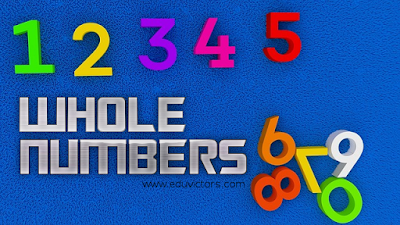Chapter 2: Whole Numbers
NCERT Ex 2.1
Q1: Write the next three natural numbers after 10999.
Answer:
10,999 + 1 = 11,000
11,000 + 1 = 11,001
11,001 + 1 = 11,002
Q2: Write the three whole numbers occurring just before 10001.
Answer:
10,001 – 1 = 10,000
10,000 – 1 = 9,999
9,999 – 1 = 9,998
Q3: Which is the smallest whole number?
Answer: ‘0’ (zero) is the smallest whole number.










